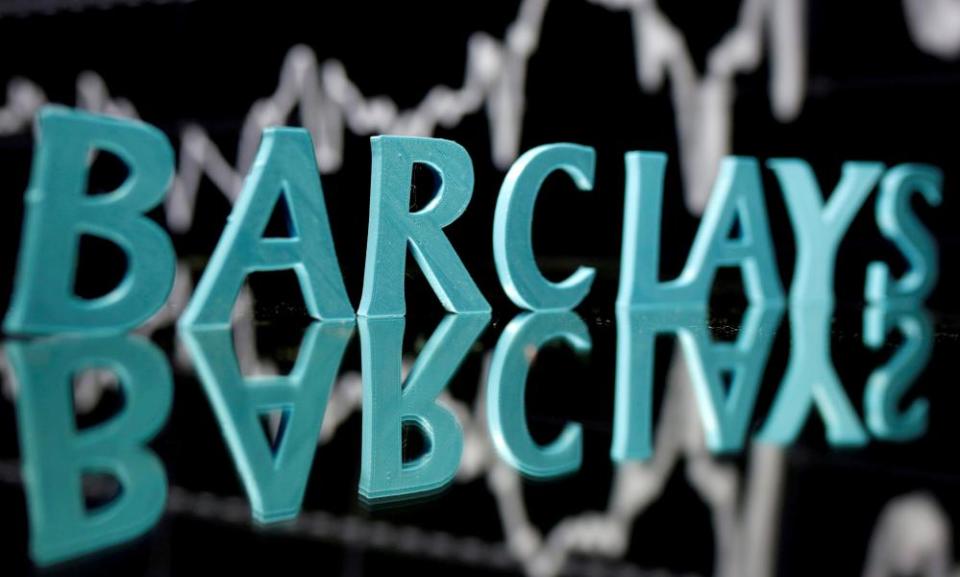Barclays raises size of its bonus pool to £1bn as Covid restrictions ease

Barclays has increased the size of its banker bonus pool by more than a third to almost £1.1bn after a rebound in profits, amid an improving economic outlook as pandemic restrictions recede.
Setting out the details of the bonus pool in a half-year update to the London Stock Exchange, the bank said it had ringfenced the cash to compensate its star bankers next spring when payouts are usually made. It means Barclays employees have another six months to build up their final bonus pot for the year, which is likely to come in higher than the £1.6bn paid out for the whole of 2020 when the UK was gripped by the Covid pandemic.
For the first six months of 2021, the bank set aside almost £1.1bn for its bonus pool, up from £785m a year earlier. The final bonus pool will also cover payouts for executives, including the chief executive, Jes Staley, who was given a £843,000 bonus last year.
Staley said the bank was being “prudent” in the way it handled bonuses because it linked payouts to the bank’s profitability.
Referring to the performance of Barclays’ investment banking division where its income from fees surged 27% to £1.7bn in the first six months of the year, he said: “Our comp[ensation] to income ratio is one of the lowest in the industry, so we think we’re being prudent in how we are managing that variable compensation.”
The planned payouts follow a strong second quarter overall, with Barclays’ pre-tax profits rising to £2.6bn over the three months to the end of June, up from £359m a year earlier. It also beat consensus forecasts for £1.7bn in profits for the period.
The bank benefited from an improving economic outlook after the lifting of most UK Covid restrictions, which meant it was able to release £1bn in bad debt provisions that it had put aside to cover potential defaults related to the pandemic. Barclays, which was forced to put aside £1.6bn during the same period last year, had been expected by City analysts to release £55m.
Despite the improvement in the economy over recent months, the bank warned “the outlook remains uncertain and subject to change depending on the evolution and persistence of the Covid-19 pandemic”.
However, the bank still announced plans to buy back up to £500m of shares from its investors, while also paying a half-year dividend of 2p a share. It means shareholders who were blocked from receiving payouts for most of 2020 because of Bank of England Covid restrictions are now in line for more than £800m. Threadneedle Street had ordered banks not to pay any cash bonuses to senior bankers and to suspend dividend payments last year due to the role banks play in supporting the British economy.
“Our profitability, strong capital position and balance sheet have enabled us to increase capital distributions to shareholders,” Staley said.
Barclays shares were up 3.7% at 175p in early morning trading.
The lender’s corporate and investment banking arm also contributed to rising profits performance, with the division reporting a 52% rise in profits to £1.6bn in the second quarter, thanks in part to a rise in merger and takeover activity. That was despite a 10% drop in income over the same period, as trading returned to normal levels after volatile period in markets last year.
The rival investment banks JP Morgan and Goldman Sachs reported bumper second-quarter profits this month, thanks to a surge in merger and acquisitions activity, which broke records for the second straight quarter in the three months to June, according to Refinitiv data.

 Yahoo Finance
Yahoo Finance 